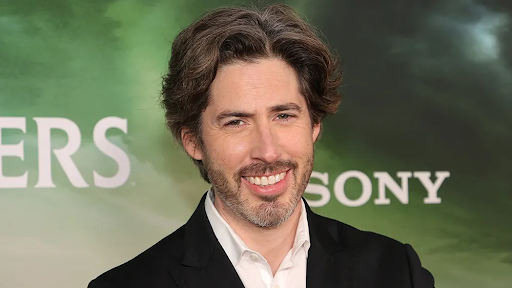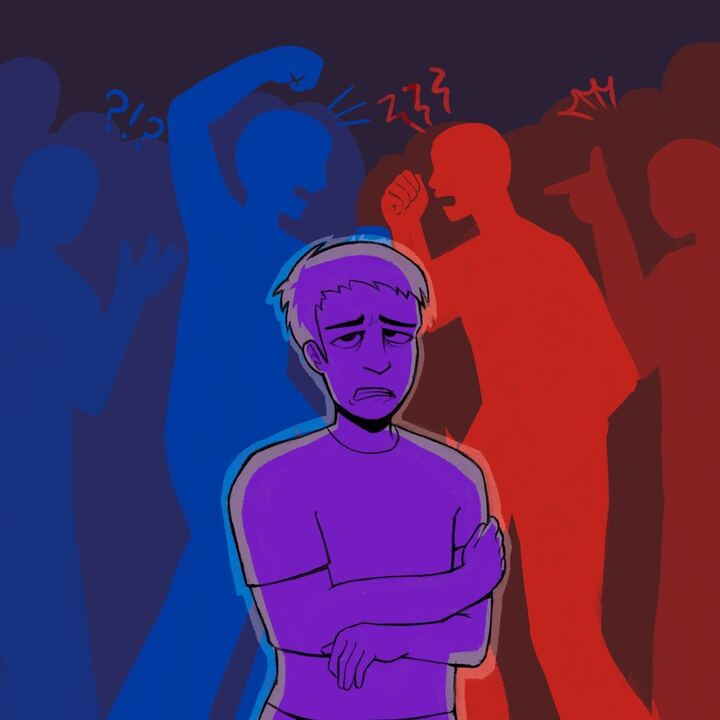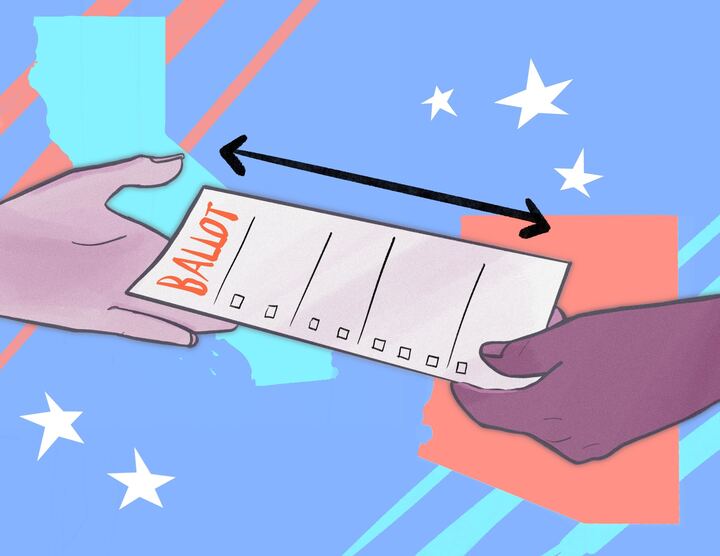There’s a lot of talk these days about “”personal responsibility,”” and for good reason. It’s a nice, antiseptic-sounding, middle-of-the-road kind of idea: President Obama talks about it when he wants to sound more conservative and conservatives talk about it when they want to sound more liberal. It’s the kind of idea nobody really disapproves of.
Reading the predictably horrific and dispiriting stories about last week’s latest shooting rampage, I began to wonder if it’s the kind of idea nobody really takes seriously, either.
George Sodini, the 48-year-old loser who shot and killed three women after he burst into a Latin dance class in Pittsburgh, Penn., on Aug. 4, blamed women for his dreadful act. Not the specific women he shot - he blamed the entire gender.
He hated women for a lot of reasons. He blamed his mother for not raising him right. He claimed that “”30 million women”” had rejected him since 1984. The thought of other people enjoying the pleasures that mysteriously eluded him seemed particularly irksome to him. In his online diatribes, he frequently complained about teenage girls who had more sex than he did. How dare they, he raged.
Responding to Sodini’s pathetic self-justifications, Bob Herbert wrote a magnificent riposte in the New York Times on Aug. 7. Why, he asked, did no one treat this crime as a hate crime, the way a crime that targeted Jews or African-Americans would be treated?
Because, he concluded, “”We have become so accustomed to living in a society saturated with misogyny that the barbaric treatment of women and girls has come to be more or less expected. We profess to being shocked … but the shock wears off quickly in an environment in which the rape, murder and humiliation of females is not only a staple of the news, but an important cornerstone of the nation’s entertainment.””
Herbert is right. According to the Tucson Police Department’s Web site, there have been 104 rapes in Tucson since January. Why isn’t this a city-wide scandal? Why has it come to be something we take for granted, even accept?
The answer is simple: Because the rest of the country is just as bad, or worse. Because the rest of the world is just as bad, or worse.
Perhaps there’s something more to it, though - something almost as disturbing as misogyny. It’s our impulse to take the killer’s side, to try to see where he was coming from, why he did what he did. That’s understandable, of course, but it can lead us in troubling directions.
Some of the headlines of articles about the shooting – like “”Failures in love bred LA Fitness Center Killer’s Hate,”” from the Pittsburgh Tribune-Review - reflect this weird mentality. (That particular story begins: “”George Sodini couldn’t find love.””) Why not “”Killer blamed past failures for his actions””?
Why frame the story as if “”30 million women”” really were to blame for the shooting? What sort of lesson are we supposed to draw out of this – that the women in Sodini’s past should have been nicer to him? Would we frame an anti-Semitic murderer’s crimes this way?
In the last blog he wrote before shooting himself, Sodini wrote that he didn’t expect to be punished for his murderous act because “”Christ paid for EVERY sin,”” and hence sinning was OK. It’s the ultimate way to shrug off responsibility: God’s going to let me off the hook no matter what I do, so why bother being good? Countless murderers have pretended that God was “”on their side,”” but there can’t be many others who devised such a pathetic pretext for evil.
Reading a follow-up story about the shooting on the British Guardian’s Web site, I noticed a link to another story, about a Florida man who blamed his cat for downloading more than 1,000 images of child pornography. The man insisted that he left the room during a music-downloading spree, only to return to find that his cat had been jumping on the keyboard, causing “”strange things”” to pop onto his screen unbidden.
It’s a long jump from a shooting spree to this rather amusing story (though child pornography is nothing to laugh at). But the man who blamed his future victims at the gym and the man who blamed his poor cat had this in common: They couldn’t take responsibility for their own actions. They couldn’t accept that they had failed, so they attempted to shove the blame onto innocent bystanders.
In a way, we do the same thing when we treat horrific crimes as anomalies. Sodini’s act was no anomaly, but part of a sinister trend. As Herbert pointed out, that cretin who murdered 32 people at Virginia Tech in 2007 held equally twisted, misogynistic views of women. As long as we shrug at these views instead of confronting them, we give them credence.
Ignorance breeds misogyny, and misogyny breeds violence. We can’t afford to let a generation of men grow up thinking that fearing and resenting women for their independence is acceptable, even understandable.
Personal responsibility might be a corny-sounding idea, but that doesn’t mean it’s any less real or valid. It was Sodini’s responsibility to get over his “”failures in love,”” and he failed. It’s something to remember, perhaps, the next time we’re tempted to blame someone else for a bad day, a low-paying job or a lonely night. It’s up to us, and no one else, to change that.
– Justyn Dillingham is the editor in chief of the Arizona Summer Wildcat. He can be reached at letters@wildcat.arizona.edu.








